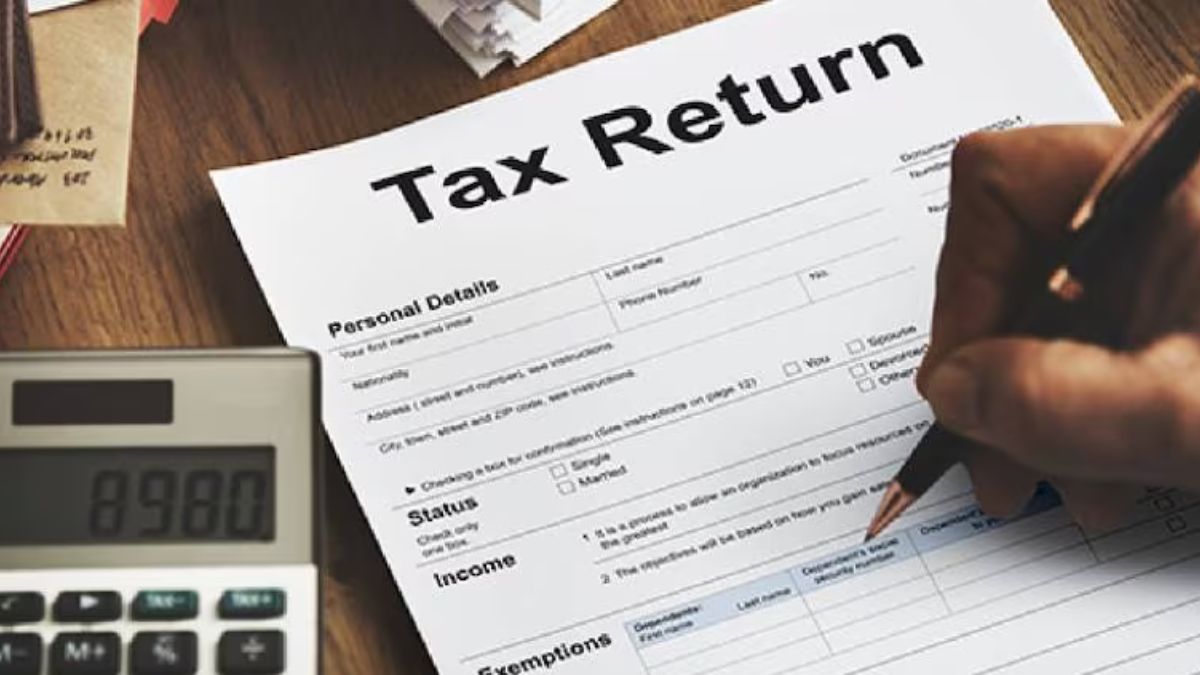Highlights:
- The due date for filing income tax returns for the financial year 2022-23 (AY 2023-24) is July 31.
- Taxpayers who miss the July 31 deadline can file a belated return until December 31. However, there will be a late-filing fee of Rs 5,000 (or Rs 1,000 if the income is less than Rs 5,00,000) as per section 234F of the Income Tax Act.
- Failing to file the income tax return by the deadline can result in additional interest on outstanding tax amounts and loss of interest on refunds.
July 31 is the due date for recording returns for the monetary year 2022-23 (AY 2023-24). In case you miss this due date, you’ve got some additional time until December 31, 2023, but you will have to pay the late-filing expenses of Rs 5,000 (Rs 1,000 in case your salary is less than Rs 5,00,000).
The due date to file returns for the financial year 2022-23 is drawing closer on July 31. According to the Revenue Secretary, Sanjay Malhotra, the government will not expand the ITR recording deadline.
Taxpayers are urged to submit their returns promptly. Neglecting to file the income tax return by the July 31 cutoff or neglecting to file it altogether can lead to some unpleasant consequences. Let’s delve into the potential ramifications in-depth.
Missing July 31 due date
If the citizen is committed to file their return, they must follow the deadline as per area 139(1), which is July 31 of the pertinent evaluation year. Here are the results of the July 31 deadline.
Late Filing Charges
In case you miss the July 31 deadline, you still have the option to file a belated return until December 31, but there will be a late fee involved. According to Suresh Surana, Founder of RSM India, if the return is furnished after the due date specified under section 139(1), taxpayers will be liable to pay late fees of Rs 5,000 under section 234F. However, if the total income of the individual does not exceed Rs 5 lakh, the late filing fee will be limited to Rs 1,000.
Interest on Outstanding Tax Amount
Apart from late fees, if you have an outstanding tax amount, you will be subject to additional interest until payment. Suresh Surana explains that under section 234A of the Income Tax Act, taxpayers are liable to pay simple interest at the rate of 1 % for every month or part of a month, starting from the day immediately following the due date (July 31) up to the actual date of filing the return.
Loss of Interest on Refunds
Filing income tax returns is crucial for claiming a refund on excess taxes deducted. Additionally, taxpayers can receive interest on refunds if they adhere to the prescribed filing schedule. As stated by Yeeshu Sehgal, Head of Tax Market at AKM Global, if the income tax return (ITR) is filed within the due date (i.e., July 31, 2023, for individual taxpayers), interest at 0.5 % per month is paid from April 1 to the date of refund, for cases involving excess payment of TDS or TCS or Advance Tax.
However, if the tax return is filed after the due date, the interest calculation starts from the actual date of filing the return to the date when the refund is granted, excluding the period from April 1.
No Carry Forward of Losses
Filing a belated return has additional limitations, including the loss of carry forwarding losses to future years. Yeeshu Sehgal highlights that only house property losses can be carried forward in cases of late filing.
Penalties and Imprisonment Provisions
In addition to interest and fines, tax laws include provisions for further penalties and potential imprisonment if the return is not filed on time and the due tax amount exceeds a certain limit. According to Vivek Jalan, Partner at Tax Connect Advisory, a multi-disciplinary tax consultancy firm, late filing of income tax returns with tax payable or evaded amounts exceeding Rs 25,000 may lead to imprisonment ranging from 6 months to 7 years and a fine.
The courts are now less tolerant of ignorance of the law, as demonstrated by a ruling of the Madras High Court, highlighting the importance of fulfilling the duty to declare income within the stipulated and mandatory period, as stated by the Supreme Court (Sasi Enterprises vs Assistant Commissioner of Income Tax).
Read | 10 Credit Cards in India To Boost Your Finances


